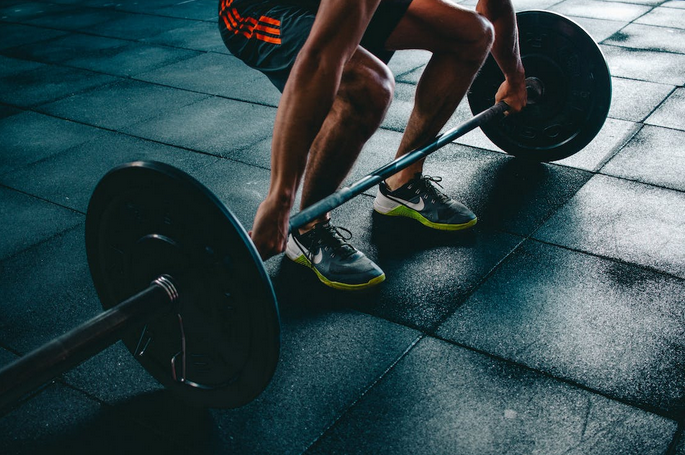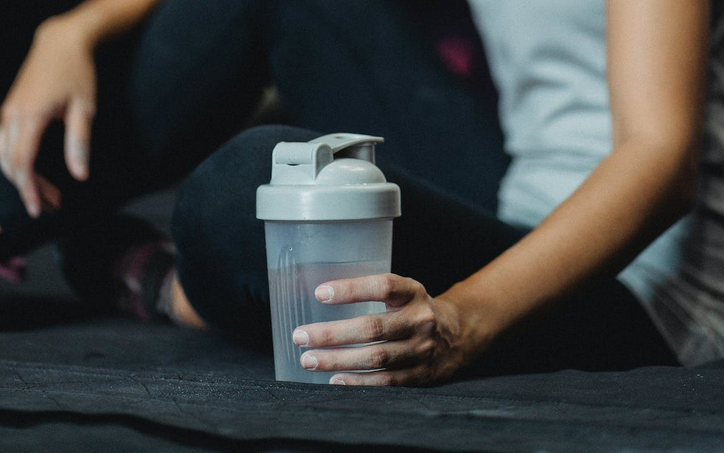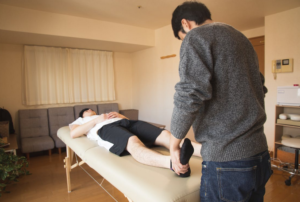
Tips to Speed Post-Workout Recovery
Are you tired of feeling sore and exhausted after your workouts? Do you wish there was a way to support your body’s recovery process and bounce back faster? Well, look no further. In this blog post, we will share valuable tips to help you recover effectively from exercise. Whether you’re an athlete or just starting your fitness journey, these tips will make a difference in how quickly your body recovers and prepares for the next challenge. So let’s dive in and discover the secrets to optimal exercise recovery.
Adequate Rest
One of the most crucial aspects of exercise recovery is giving your body enough time to rest and recuperate. Adequate rest allows your muscles, joints, and nervous system to recover from the physical stress they experienced during your workout. During exercise, tiny micro-tears occur in your muscle fibers. These tears are a normal part of the muscle-building process, but they need time to repair themselves. That’s where rest comes in. Rest days allow your body to rebuild these muscles stronger than before.
But rest doesn’t mean sitting on the couch all day doing nothing. It means engaging in low-impact activities like walking or yoga that promote blood flow without putting additional strain on your recovering muscles. Additionally, getting enough sleep plays a crucial role in exercise recovery. Aim for 7-9 hours of quality sleep each night to give your body ample time for tissue repair and growth hormone release. Some people even take supplements to support exercise recovery.
Hydration

Hydration plays a crucial role in supporting exercise recovery. When you work out, your body loses water through sweat, and it’s important to replenish those fluids to maintain optimal performance and aid in recovery. Drinking enough water before, during, and after exercise is essential for staying hydrated. It helps regulate body temperature, lubricate joints, transport nutrients to muscles, and remove waste products from the body. Dehydration can lead to fatigue, muscle cramps, decreased cognitive function, and impaired performance. To ensure proper hydration during workouts, sip on water throughout the day leading up to your workout session. During exercise, aim to drink about 7-10 ounces of fluid every 10-20 minutes. If you’re engaging in intense or prolonged activities lasting more than an hour or exercising in hot conditions, consider using sports drinks that contain electrolytes to replace lost sodium and potassium.
Professional Help
 In exercise recovery, seeking professional help can be a game-changer. Whether you’re dealing with an injury or want to optimize your recovery process, working with experts in the field can provide valuable guidance and support. One option is to consult with a physical therapist. These professionals are trained in assessing and treating musculoskeletal issues, including injuries sustained during exercise. They can create a personalized treatment plan that addresses your needs and helps speed up healing. Another avenue for professional assistance is hiring a sports massage therapist. These skilled practitioners specialize in techniques that promote muscle relaxation, reduce inflammation, and improve circulation – all essential for effective recovery.
In exercise recovery, seeking professional help can be a game-changer. Whether you’re dealing with an injury or want to optimize your recovery process, working with experts in the field can provide valuable guidance and support. One option is to consult with a physical therapist. These professionals are trained in assessing and treating musculoskeletal issues, including injuries sustained during exercise. They can create a personalized treatment plan that addresses your needs and helps speed up healing. Another avenue for professional assistance is hiring a sports massage therapist. These skilled practitioners specialize in techniques that promote muscle relaxation, reduce inflammation, and improve circulation – all essential for effective recovery.
Conclusion
Remember that everyone’s journey towards exercise recovery will look different – what works for one person may not work for another. It’s important to listen to your body’s needs and adjust accordingly. By implementing these tips into your fitness routine, you’ll be well on your way towards supporting effective exercise recovery – helping you reach new goals while minimizing the risk of overtraining or burnout. So go ahead – push yourself during workouts but remember that true progress happens when we allow our bodies the time they need to recover. We hope that you have found this blog post helpful.


